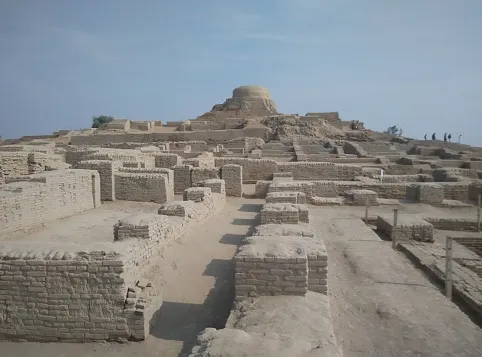A PhD admission in history is a doctoral degree earned by students who complete a course of study in the discipline of history, be it the study of historical trends and events, or working closely with eminent scholars to conduct research, placing emphasis on, or working closely with distinguished scholars to conduct research, emphasizing having an advanced depth of knowledge in one or more fields, be it historical methodology, periods and trends.
What is a PhD in History?
A Ph.D. is a doctorate in history, which generally takes between three and seven years to complete.
- But a PhD admission is more than just a degree. It’s an official academic qualification that grants you admission into the ranks of higher education in history and culture and gives you access to the world of academia and historical learning.
- If you want to be a professor of history, you should pursue a PhD admission, but there are also opportunities for historians at various levels of experience, from consultants and educators to fellowships and research positions.
- In addition to earning a PhD degree, there are many ways to gain experience as a historian, including teaching assistantships and fellowships that allow you to conduct your own research while gaining practical experience.
The PhD Admission Program Format:
A PhD in History stands for Doctor of Philosophy and it is the highest academic degree that can be obtained in the field of history.
A PhD Admission Program in History has a few steps:
- Study (usually 5-6 years): Going to school to get your bachelor’s degree (4 years) as well as completing an additional year of course work to earn your master’s degree (1-2 years) and finally finishing up with a doctoral dissertation (3-5 years).
- Research: This is where you use your knowledge and skills gained from your undergraduate and graduate school to study history and write a thesis.
- Write a book: After you complete your research, you will write a book about the topic of your choice that will contain all the information you’ve researched relating to that period or product/company/etc.,.
A PhD in History, or a Master of Arts Degree in History, is one of the most difficult and prestigious degrees you can earn. It’s also one of the most valuable — an A.M. in history will lead to a job in academia, while a PhD admission can be used as the foundation for a career as a historian or academic.

What’s Difficult? A PhD in History or a Law Degree?
A PhD in History is a lot like a law degree. In both programs, the student has to complete a rigorous course of studies that covers the basics of the subject matter and covers them in depth. However, there are some key differences between a PhD degree and a law degree.
- The most obvious difference is that a PhD admission is all about the passion for research. For that reason, students don’t learn how to write until they get their degrees.
- If you’re looking at going into academia, you’ll spend most of your time on the academic side rather than writing grants or articles for publication.
- Another big difference is that PhDs are more focused on teaching than law students are. You’re not going to need to do much writing for a PhD because you’ll be spending most of your time doing research for it.
- After all, professors aren’t writers; they’re now researchers, lecturers, and teachers.
How Much is a PhD in History Worth?
A PhD in History is a challenging degree to get. It takes years of work and expense. Hence, experienced people in this field will look for your applications.
- But it’s also one of the most respected degrees in the history profession, with a reputation for producing world-class scholars.
- A PhD in History will serve you well if you have a strong interest in the subject. Including a good grasp of the complexities of historical research.
- However, without such preparation, your PhD, your PhD admission will be a waste of time, money, and effort. Without such a trial will be a waste of time, money, and effort.
- This is not to say that a PhD degree is some sort of magic ticket to success. Many factors go into deciding how well someone will do in their chosen field.
- And for what it’s worth, history has been around for about as long as other majors. Like, biology or computer science.

A PhD in History is a challenging degree to get. It takes years of work and expense. But it’s also one of the most respected degrees in the history profession, with a reputation for producing world-class scholars.
If you want to be a historian, doing a PhD degree is the way. It’s rigorous, but it’s also challenging and satisfying. It might end up a tiring journey, but you’ll also learn valuable skills in many fields.




